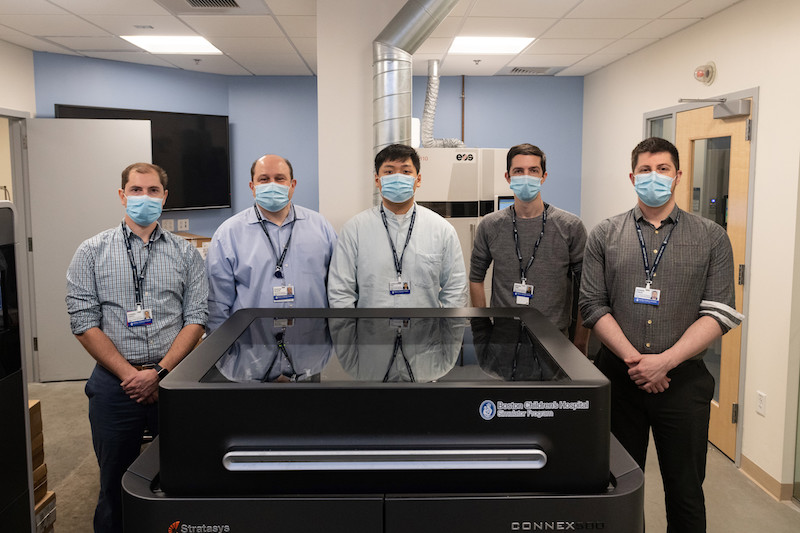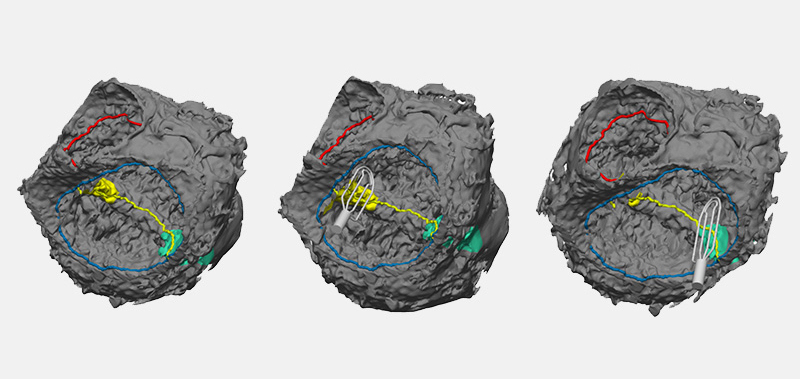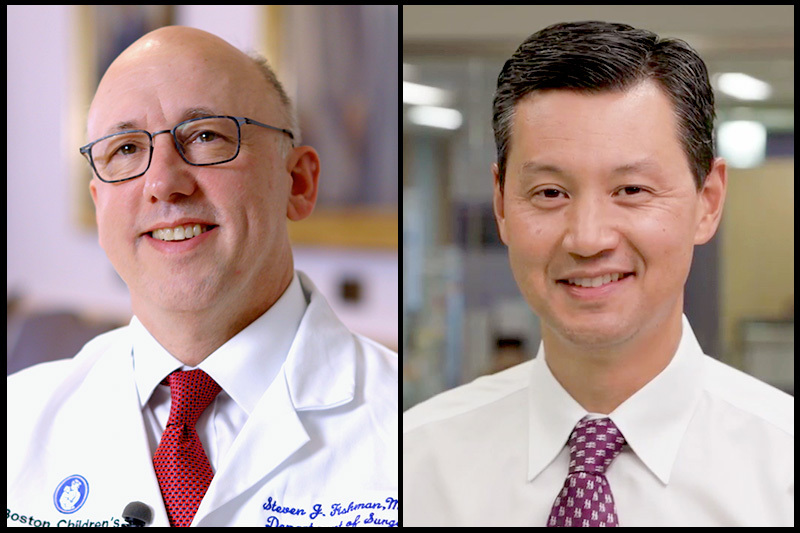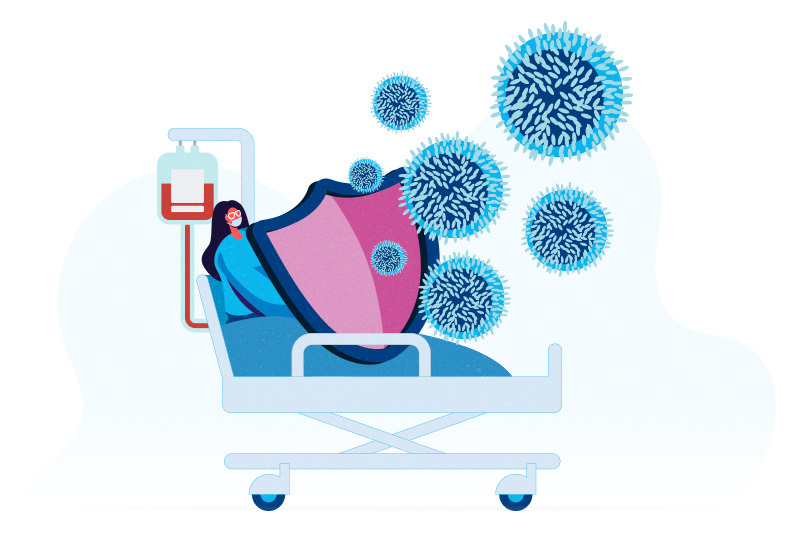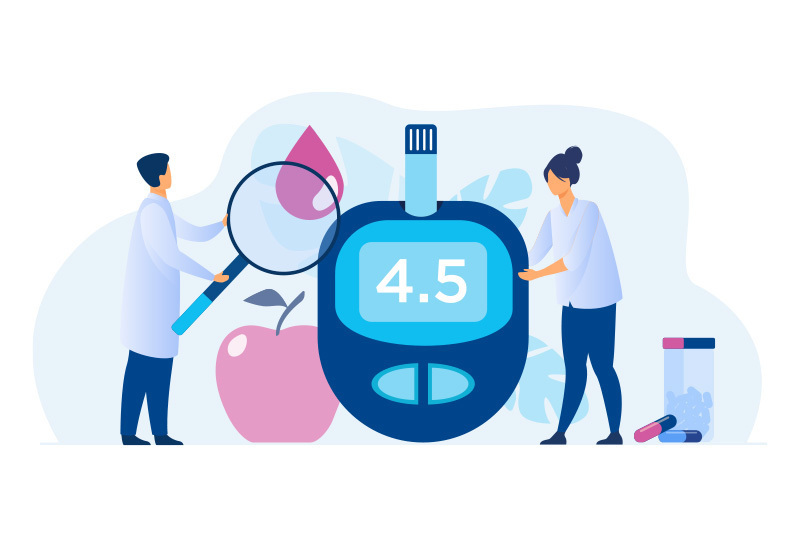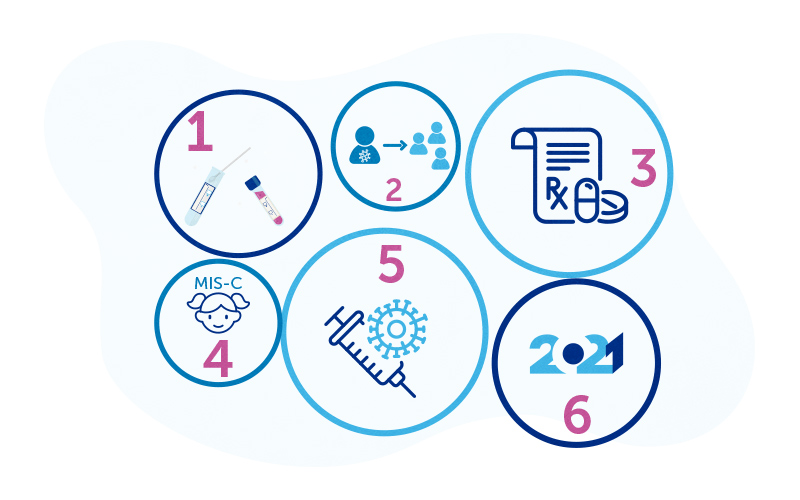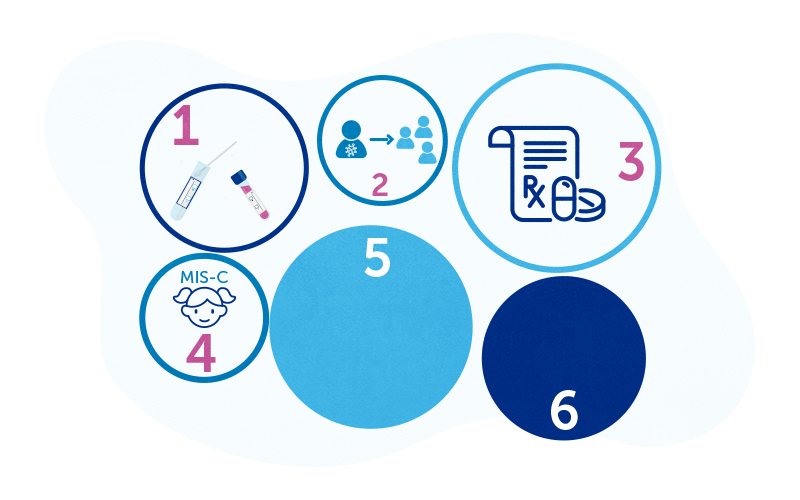Boston Children’s Simulator Program steps up during COVID-19
In the early days of the COVID-19 pandemic, hospitals scrambled to adapt and prepare. Amid the chaos, the Boston Children’s Hospital Simulator Program, SIMPeds, sprang into action. SIMPeds is a world leader in running live simulations of care scenarios, allowing health care providers to rehearse tough or unanticipated situations in advance. Its SIMEngineering division is ... Read More about Boston Children’s Simulator Program steps up during COVID-19
Minimally invasive surgery safe and effective for craniosynostosis
Traditional treatment for children with craniosynostosis — a condition in which the bones of the skull grow together too early in the child’s development — usually involves an extensive open craniectomy surgery with a incision to release the fused bones. But a study from physicians in the Cleft and Craniofacial Center at Boston Children’s Hospital ... Read More about Minimally invasive surgery safe and effective for craniosynostosis
Two new approaches to identifying conduction tissue
Conduction cells in the heart are responsible for initiating contraction of the heart muscle. The inability to properly identify the location of conduction tissue in patients with congenital heart defects during heart surgery can lead to post-operative conduction abnormalities such as heart block or conduction delays. This necessitates the need for pacemakers, which leads to ... Read More about Two new approaches to identifying conduction tissue
Pharmacogenomics: Nearly 30 percent of children could benefit, study finds
Medications aren’t one-size-fits-all. Genetic differences can affect how patients metabolize drugs, and can sometimes make a beneficial drug ineffective or even toxic. In one infamous case, a 2-year-old boy in Canada died from a codeine dose he received after surgery. A genetic difference caused him to metabolize codeine so quickly that toxic levels of morphine ... Read More about Pharmacogenomics: Nearly 30 percent of children could benefit, study finds
COVID-19 and surgery: Lessons in safety
When Massachusetts recorded its first COVID-19-positive test result in early March 2020, health officials knew little about the virus. They didn’t know, for instance, how it was transmitted or how to protect patients and clinicians during surgical procedures. In the weeks that followed, Boston Children’s Hospital made several difficult but necessary decisions. We cancelled elective ... Read More about COVID-19 and surgery: Lessons in safety
Arthritis drug reduces rates of acute graft-vs-host disease after bone marrow transplant
The immune-suppressing drug abatacept, currently used for rheumatoid arthritis, could make bone marrow transplant safer, report researchers at the Dana-Farber/Boston Children’s Cancer and Blood Disorders Center. The phase 2 randomized, multi-center clinical trial, the largest to date, appears in the Journal of Clinical Oncology. Abatacept (brand name ORENCIA) reduced rates of severe, acute graft-versus-host disease ... Read More about Arthritis drug reduces rates of acute graft-vs-host disease after bone marrow transplant
Made-to-order therapies get a boost with new FDA guidelines
Ed. note: Mila passed away in February, 2021, at age 10. The Mila’s Miracle Foundation continues to work to pave a pathway for personalized treatments. Science-based treatments for rare genetic diseases have burgeoned in the past decade. That includes diseases so rare they affect just a handful of patients — or in some cases, just ... Read More about Made-to-order therapies get a boost with new FDA guidelines
Low-carb diets for diabetes: Rediscovering centuries-old wisdom
This year represents the 100th anniversary of the discovery of insulin, a hormone that regulates the amount of glucose, or sugar, in the blood. While insulin medications have literally been life-savers for many kids and adults with diabetes, diets that help keep blood sugar levels steady are often overlooked for controlling diabetes. These diets, often ... Read More about Low-carb diets for diabetes: Rediscovering centuries-old wisdom
2020, the year COVID-19 tuned us into science: Part 3
Since the arrival of a new, unknown, dangerous virus in January, we entered the realm of COVID-19 science. Part 1 and Part 2 of this series recapped what we learned about how the virus spreads, how to test for it and treat it, and how COVID-19 plays out in children. This month, vaccines began to be ... Read More about 2020, the year COVID-19 tuned us into science: Part 3
2020, the year COVID-19 tuned us into science: Part 2
Thanks — or no thanks — to COVID-19, 2020 has been a year in which science became a household topic of discussion. Our last post recounted what we collectively learned in the spring: what COVID-19 is, who is at risk, how to test for it. As the year unfolded, there were new lessons to be learned. ... Read More about 2020, the year COVID-19 tuned us into science: Part 2


